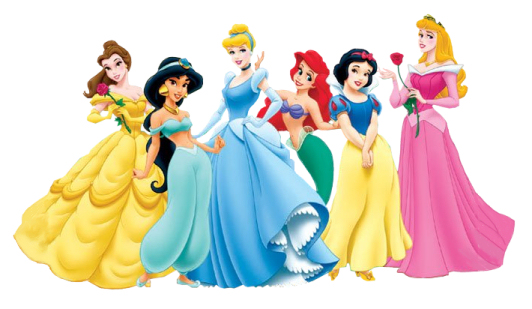Some of my friends like to tease me about my girliness. I am sure if you read my blog from time to time that you may have picked up on that... (um, flower background, anyone?!). I like that I am feminine (and I think my friends do too), but my femininity isn't likely to be mistaken as 'prissy'. I have survived a 3 week Outward Bound type trip in the upper peninsula of Michigan, in which I was only allowed to carry two outfits on my back, and I spent a summer in Zambia, Africa, in the bush. Trust me when I say that I was roughing it. While I don't prefer to rough it when given the choice (just keeping it real), I don't feel that my femininity and relative sense of adventure have defined me in a way that has prevented me from viewing others expressions of femininity in an open minded manner. I guess we are all biased though--I just don't feel that I have a chip on my shoulder towards others who don't share my same sense of girliness, or who are more girly than myself.
I think back to when I was young (I was born in the 80s), and I played with Barbies and My Little Ponies. But I also played with Lincoln Logs, and Tinker Toys, and loved them equally. I don't remember only wearing pink- I was a girly girl, but I also didn't really play a LOT of dress up, and while I remember enjoying Disney movies, I never really got wrapped up in the Disney princesses. Granted, by the time The Little Mermaid came out, I was in second or third grade. What I am about to say is an observation, rather than a judgment- but it seems like a lot of little girls these days are obsessed with the color pink and princesses! That is obviously a generalization, and with any generalization, there are exceptions to the rule. I have been having a difficult time putting into words my feelings about this flourishing princess culture, and reading Cinderella Ate My Daughter, written by Peggy Orenstein (it was on my summer reading list!), really helped me think through all of this a bit more.
First, the message of beauty. I don't know about you, but if you look at these pictures of the Disney princesses that I have posted, check out their waist size and their breasts. Or their cheekbones, and eyes? Most women I know don't look like that. Let's face it- we have a ways to go with how women and beauty are portrayed in the media, but that doesn't mean we have to be complicit with what we see. I don't know that I would want any daughter I might have one day to see these princesses and draw conclusions about beauty based on Ariel, Jasmine, Belle, etc. Let us not take ourselves too seriously--but if we're honest, our culture and ideals are ingrained in us at such a young age that I think we have to be responsible with the messages we are sending to our children, even when they are 3 years old! They are smart and pick up on a lot of things. If they are emulating princesses, dressing up and acting out princess games a lot, and they are being told that they are so beautiful as they play and dress-up, and that they are so special and precious, it sends them a pretty powerful message!
This post is getting lengthy, so I am going to conclude for now with a quote that Orenstein uses in her book in the context of an interview that she conducts with Catherine Steiner-Adair, the director of eating disorders education and prevention at the Klarman Eating Disorders Center at McLean Hospital in Massachusetts.
"'You're beautiful' is not something you want to say over and over to your daughter, because it's not something that you want her to think is so important. That said, there are times when it is important to say it: when she's messy or sweaty, when she's not dressed up, so that she gets a sense that there is something naturally beautiful about her as a person. And it's also important to connect beauty and love. To say, 'I love you so much. Everything about you is beautiful to me-- and you are beautiful to me.' That way you're not just objectifying her body."
I will conclude my review of this book in my next post- would love to hear your thoughts!!


No comments:
Post a Comment